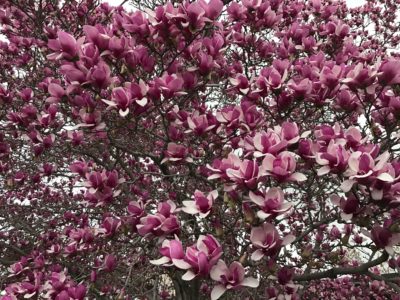
(Photo from www.brainpickings.org)
d
In the last two weeks I’ve been in two circumstances looking for the Rilke quote below. Time to catch it here.
Rilke was an Austrian poet living in the late 1800s and early 1900s. His work, “Letters to a Young Poet” are often referenced for their call to inquiry and deeper consciousness.
In both of the circumstances I was in, I was looking for this phrase about “being patient,” about “loving the questions themselves,” and about “living into the insights.” In both circumstances, I wanted to encourage people to be in the journey, to give themselves to the whole of it that changes us over time. I so trust the invisible found in the less immediate.
Rilke wrote in a letter to a young protege,
“I want to beg you, as much as I can, dear sir, to be patient toward all that is unsolved in your heart and to try to love the questions themselves like locked rooms and like books that are written in a very foreign tongue. Do not now seek the answers, which cannot be given you because you would not be able to live them. And the point is, to live everything. Live the questions now. Perhaps you will then gradually, without noticing it, live along some distant day into the answer.”
Here’s to the journey, and the courage to be patient in what is unsolved.

